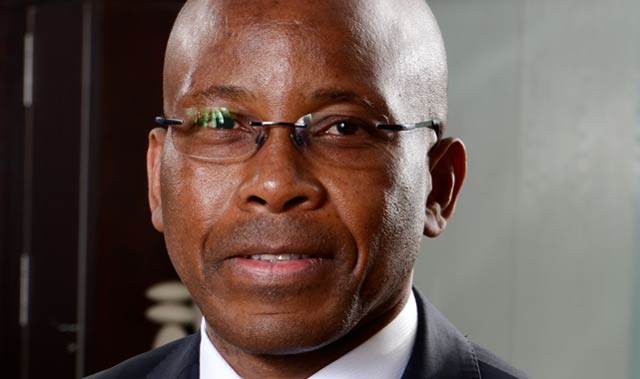 Radically improving MTN’s customer service, aggressively growing the company’s top line — in part by taking market share from bigger rival Vodacom — expanding into business services, and building a significant rival to Telkom in fixed lines.
Radically improving MTN’s customer service, aggressively growing the company’s top line — in part by taking market share from bigger rival Vodacom — expanding into business services, and building a significant rival to Telkom in fixed lines.
That’s a tall order in anyone’s language, but it’s what MTN South Africa’s new CEO, Mteto Nyati, is promising.
Nyati, a former MD of Microsoft South Africa, says fixing the operator’s poor customer service culture and boosting its revenues are among his top priorities.
On customer service, Nyati doesn’t mince his words. He says MTN “comes from a place where consumers used to come to us and we did not have to do much”. That paradigm is dead, he says. MTN now must fight hard for every client win.
“Customer service has not been top of mind. We talk about it, but our practices are not demonstrating that we truly embrace it. It has to be our top priority — not just saying it, but doing it.”
And MTNers must forget about the old days of fat margins and free spending. Nothing is off the table, including outsourcing non-core operations, with Nyati promising a ruthless focus on costs. That won’t play well with the unions.
“As our margins come down, we need to make sure our cost structure reflects this. How we used to run things will not be the way we run things in the future,” Nyati warns bluntly.
But costs are not his number one focus. Rather, it’s driving the top line hard, he says. This means expanding into enterprise (business) and digital services and growing categories such as insurance, e-commerce and mobile money. It also means taking market share from rivals, especially number one Vodacom.
But taking market share from Vodacom won’t be easy. Vodacom’s first quarter results, published this week, show a company firing on all cylinders. And with the acquisition of Neotel likely to give Vodacom a big advantage over its rivals in radio frequency spectrum — an unfair advantage, Nyati says — taking on the company will be even more difficult.
But growing market share in consumer mobile is only one part of Nyati’s strategy to grow revenues. Enterprise ICT services are another key leg of the strategy.
Nyati joined MTN last year to head up the enterprise business for the group, so his appointment to the top job in South Africa appears to suggest just how important MTN regards expansion in this area to be to future growth. Acquisitions are on the cards as MTN seeks to create a wide portfolio of ICT services — in areas such as data centres, managed services, cloud computing, the Internet of things and machine-to-machine communication — that appeals to business customers seeking a single or preferred supplier.

This market is highly competitive, though. Vodacom Business is pursuing the same customers, and increasingly MTN will come into conflict with traditional IT companies, where margins are a lot tighter than in telecoms. These rivals also have a much greater depth of experience and skills. It’s a space that’s still relatively new to MTN.
Another important component of Nyati’s strategy is building a fixed-line rival to Telkom. This is arguably the biggest challenge he’s taking on. Building fibre broadband networks into homes and businesses is an expensive exercise, with the investment case not entirely clear yet.
But there’s a land grab going on as established operators and start-ups alike race to provide high-speed alternatives to Telkom’s ageing copper network. Nyati says MTN wants to build this network as fast as it can, and is considering acquisitions to help it become a significant rival to Telkom in fixed lines. “Fibre to the home, to the business, to whatever, we want to be there big time,” he says.
Is Nyati taking on too much too quickly? There’s no doubt he’s ambitious, wanting to steer MTN on a radically new course. And, he says, he’s not simply making promises he won’t deliver on. “I’m here to help MTN achieve a leadership position in South Africa. I’m not just here to put that strategy together, but to execute on it, too.”
Game on.
- Duncan McLeod is TechCentral’s editor. Find him on Twitter
- This column is also published in the Sunday Times




